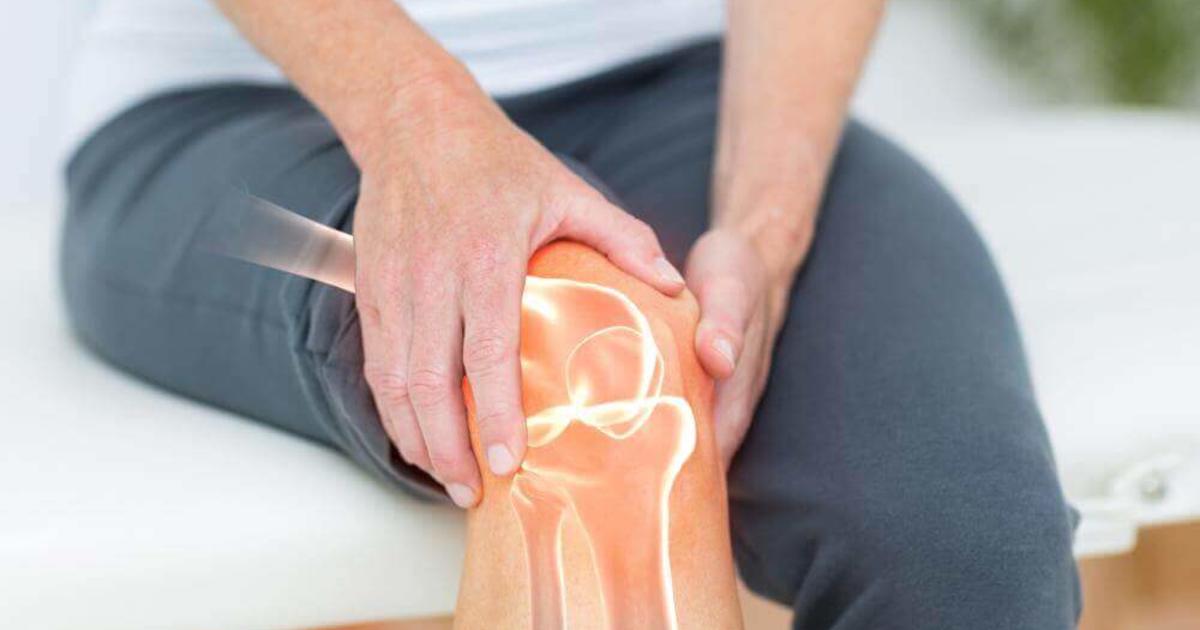Bone health is a crucial aspect of overall well-being in the elderly, as aging naturally leads to a decline in bone density and strength. This decline increases the risk of fractures, osteoporosis, and related complications, significantly impacting quality of life and independence.
Key Factors Affecting Bone Health:
1. Aging: Bone remodeling slows down with age, leading to a net loss of bone density.
2. Hormonal Changes: Postmenopausal women are at higher risk due to reduced estrogen levels, which play a vital role in bone maintenance.
3. Nutrition: Inadequate intake of calcium, vitamin D, and protein contributes to weakened bones.
4. Physical Activity: Sedentary lifestyles accelerate bone loss. Weight-bearing exercises are crucial for maintaining bone strength.
5. Chronic Diseases: Conditions like diabetes, arthritis, and kidney disease, along with certain medications (e.g., steroids), negatively impact bone health.
Preventive Measures:
1. Dietary Support: Ensure adequate calcium (1,200 mg/day) and vitamin D (800-1,000 IU/day) through diet or supplements.
2. Exercise: Regular weight-bearing and resistance exercises strengthen bones and improve balance, reducing fall risks.
3. Lifestyle Modifications: Avoid smoking and excessive alcohol consumption, as they impair bone remodeling.
4. Screening: Routine bone density tests (DEXA scans) help in early diagnosis of osteoporosis.
5. Medication: In diagnosed cases, drugs like bisphosphonates or newer therapies like Teriparatide can prevent further bone loss and reduce fracture risk.
Prioritizing bone health through lifestyle changes, early screening, and effective management can significantly improve mobility, independence, and quality of life in the elderly.








